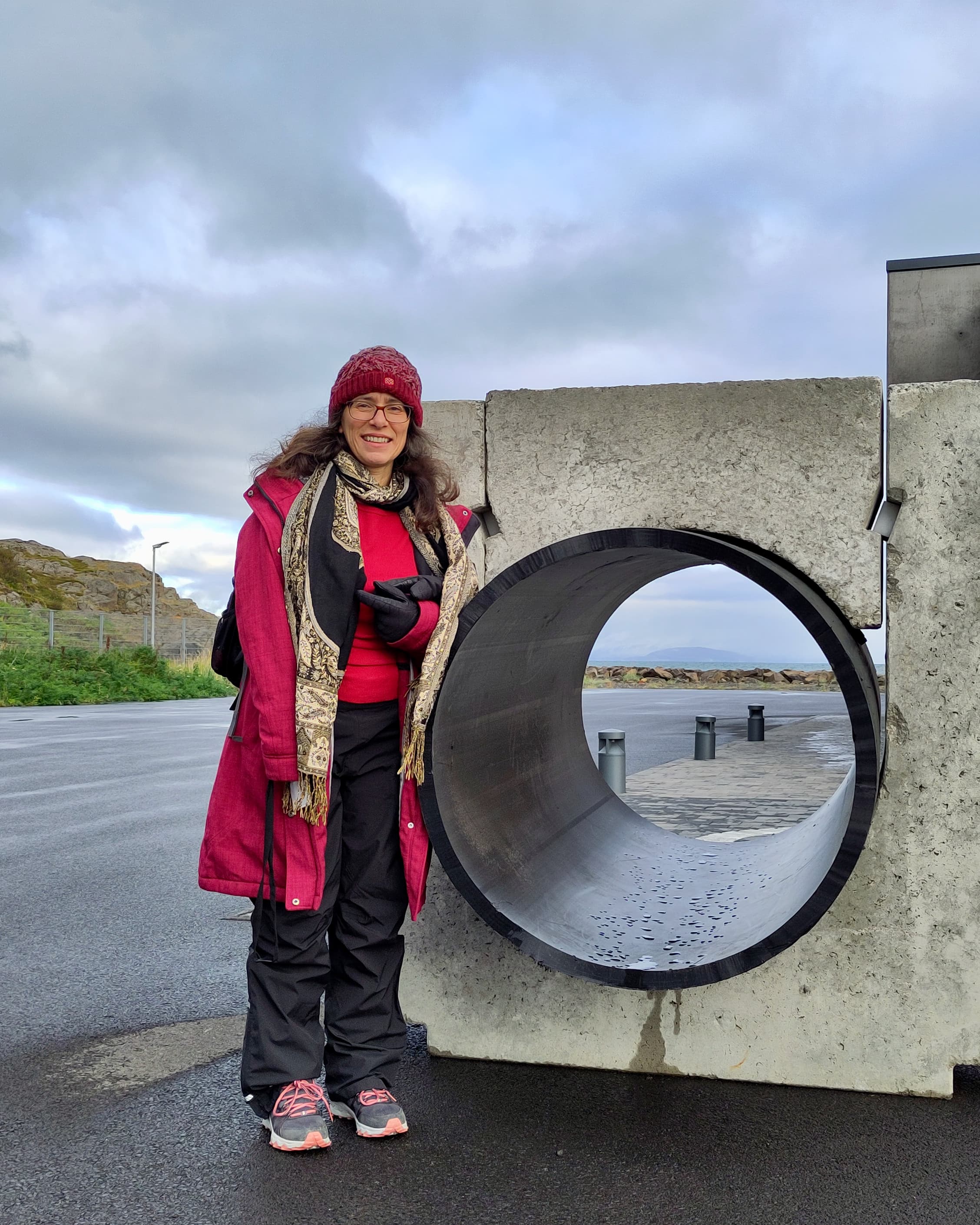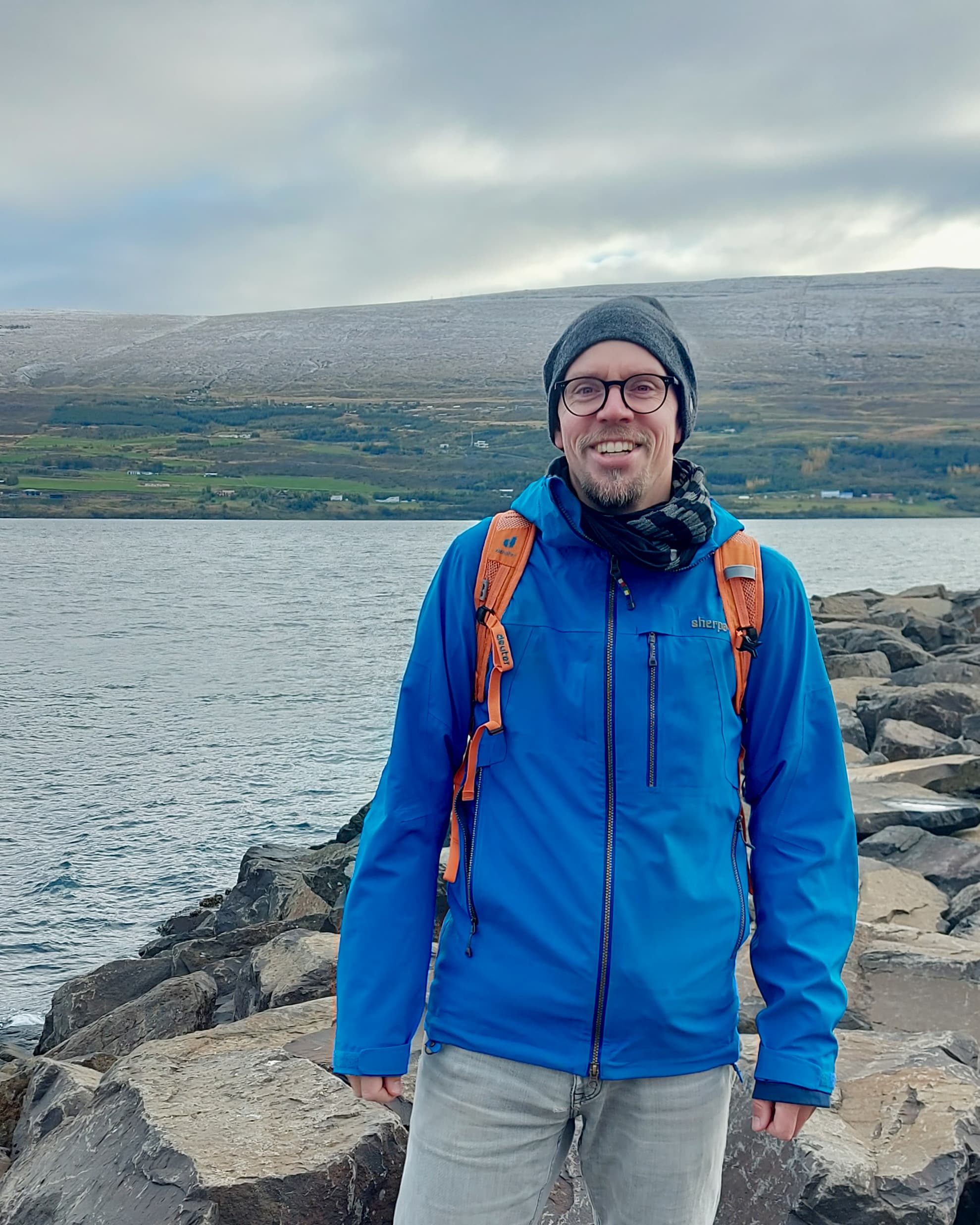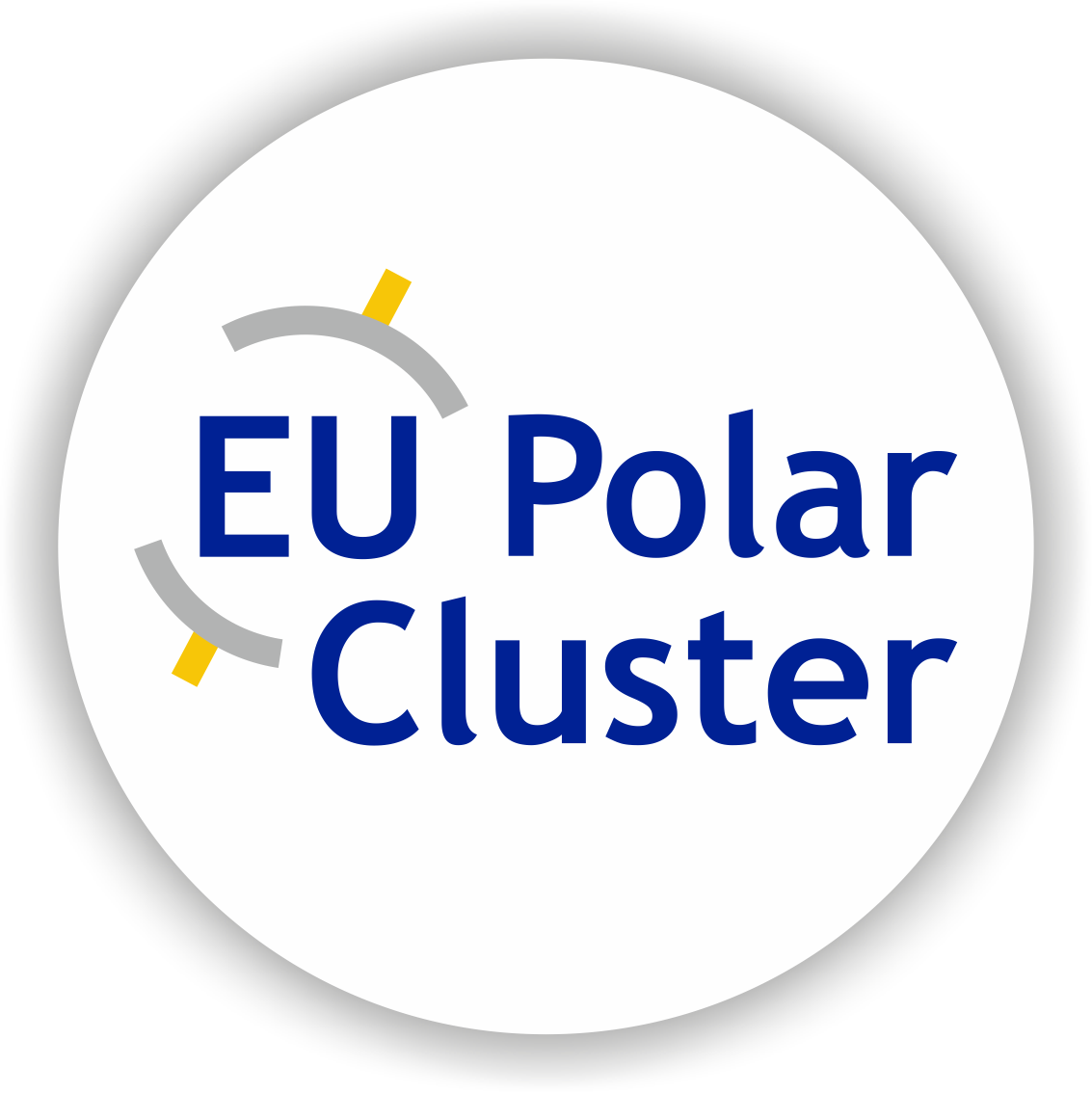Dennis Booge
I am Dennis Booge, working as a Postdoc in the lab of Christa Marandino at GEOMAR in Kiel, Germany. I studied Chemistry at the University of Kiel and gravitated towards marine chemistry pretty early, therefore doing my Bachelor and Master thesis already at GEOMAR before graduating in one of the leading institutes for marine sciences.
I was excited about the complexity in marine chemistry and interlinkages between chemistry, biology, and physics right away. Especially, the fact that today’s modern analytical systems are able to measure trace amounts of certain substances, or in my case biogenic trace gases, is still fascinating for me.
Within our research department Marine Biogeochemistry, I am mainly interested in the trace gas cycling of biogenic trace gases like isoprene or dimethyl sulfide, also known as DMS or “the smell of the ocean”.





